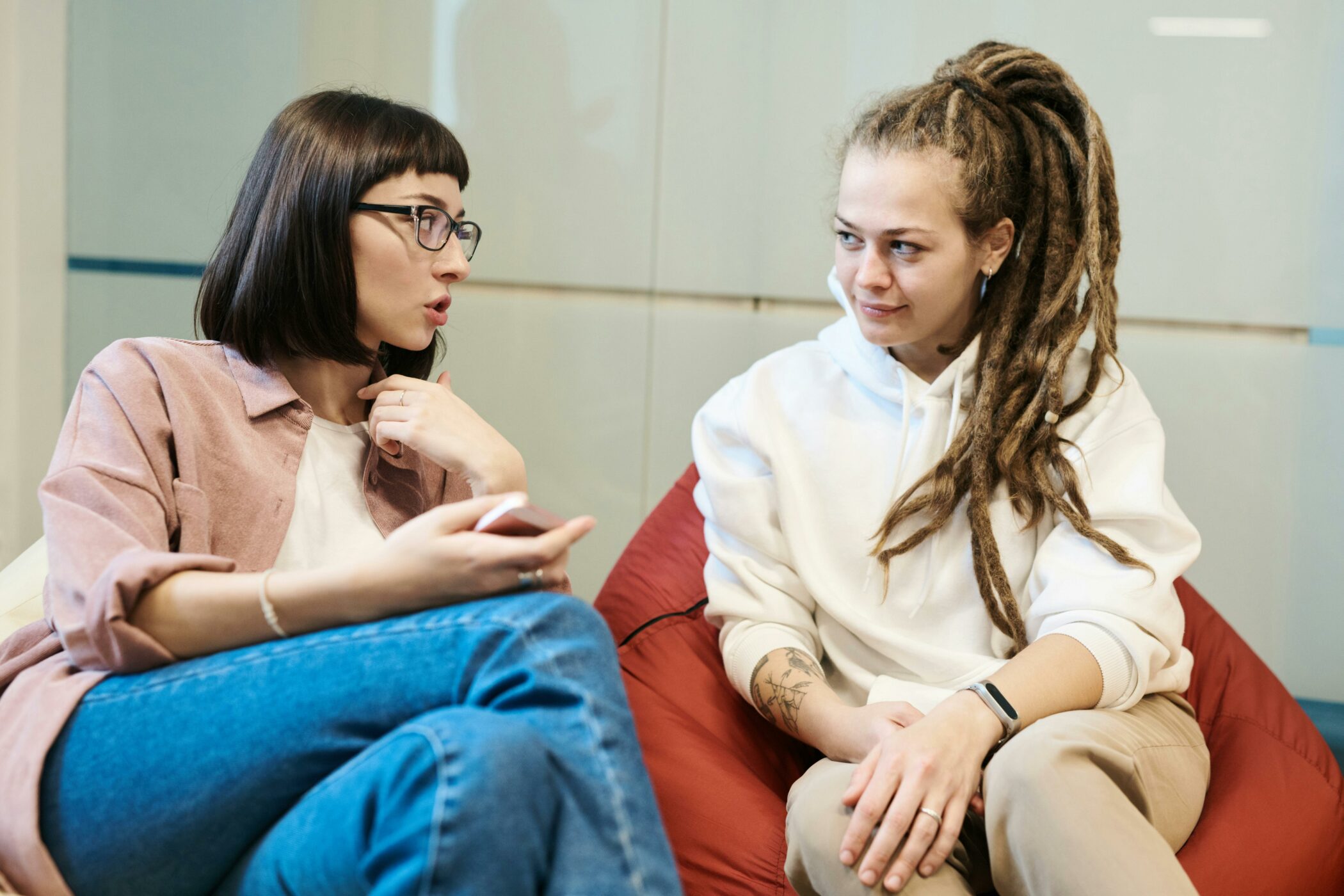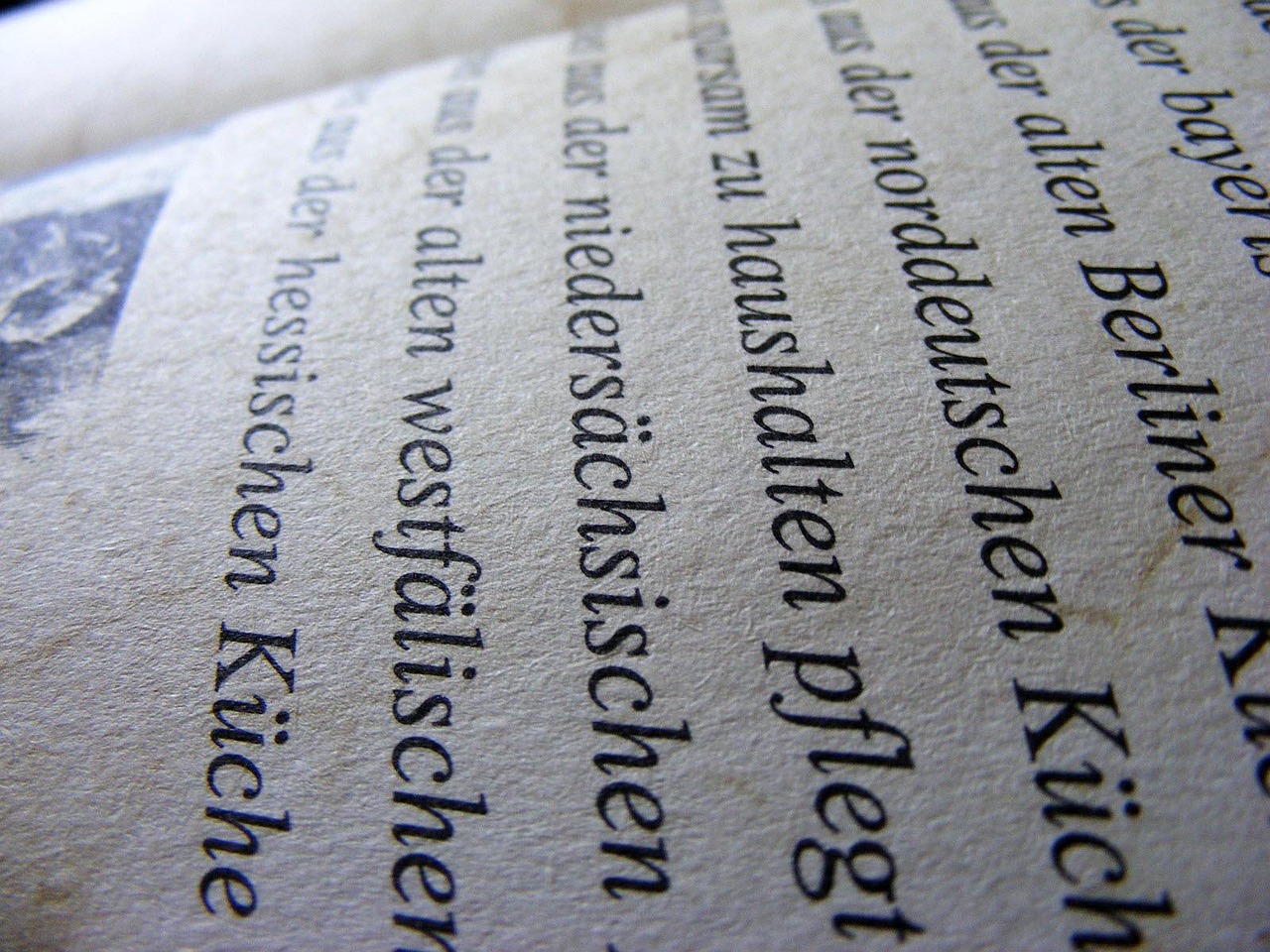Studying MML at Cambridge
- UCAS Code: R800
- How many are admitted to Cambridge every year: 128
- Typical offer: A*AA at A Level, 41-42 points at IB with 776 at Higher Level
- Essential subjects: At least one of the languages you want to study
- Useful subjects: Another language, English Language or Literature, History, Mathematics
- Course length: BA (Hons) 4 years full-time including a year abroad
The BA in Modern and Medieval Languages is a flexible degree course and offers the opportunity to study two languages from French, German, Italian, Portuguese, Russian, and Spanish, or to combine one of these with Classical Latin or Greek.
What can I do with a degree in MML?
MML graduates have gone on to pursue successful careers in a variety of fields including journalism, the arts, marketing, law, finance, teaching and the Diplomatic Service; a small number become translators and interpreters. Many MML students also continue to further study.
For more information, please visit the University Careers Service website.

Studying MML at St Edmund’s College
St Edmund’s has a small community of students on the MML undergraduate course and related postgraduate courses. Teaching takes place in the MML Faculty at the nearby Sidgwick Site.
The St Edmund’s library is open 24/7 and study spaces are available. The college also offers several other spaces where you can study and work on your essays including the Norfolk Library, study desks in the Mount Pleasant Halls Common room, the comfortable couches of the CR, Edspresso, our café, or the benches in our lovely apple orchards!
We also have six study rooms (2 in the Luzio Building, 2 in Norfolk Building, and 1 in Mount Pleasant Halls), which can be booked by students for their private study time or group projects.
Our college also has an extremely supportive Welfare and Wellbeing Department, which is happy to lend an ear and provide support should a student feel anxious or overwhelmed with the academic year.
How to Apply
Applications for all courses are made through UCAS. You must apply by 15 October 2025 to be considered for entry in October 2026.
We accept applications for MML in both the October application round and the January application round. The January application round is specifically for candidates applying for certain subjects at the three mature Colleges at Cambridge (Hughes Hall, Wolfson, and St Edmund’s). The January round is particularly suited to those applicants taking one-year courses who may not have covered enough of the course content to apply in October, but are able to make a competitive application by March. The deadline for applications for the January round is 14 January 2026 for 2026 entry.
As a mature College, we recognise that our applicants come to us from a diverse range of educational backgrounds and may have studied a long time ago. However, we would expect evidence of formal study within the last two or three years as evidence of an ability to cope with the challenging academic nature of a Cambridge course.
Entry requirements
Assessment
Written work
Interviews
Deferred applicants
Affiliated students
What is a typical Term’s work
Course structure
The academic year for undergraduates is divided into three terms – Michaelmas, Lent, and Easter – of eight weeks each. The course or ‘tripos’ is divided into three parts: Part IA (Year 1), Part IB (Year 2), and Part II (Years 3 and 4). Teaching takes place at the Faculty of MML at the nearby Sidgwick Site. You will also be able to use our library at St Edmund’s as well as the University Library. Teaching takes place in the form of weekly lectures, language classes, intensive oral work in small groups, and supervisions. Your supervisions and academic progression are overseen by our Director of Studies, Dr Emanuela Davey.
Assessment takes place at the end of each academic year primarily through written and oral examinations. You will submit an extended translation or research project at the end of your third year. You can opt to complete a dissertation instead of a written exam in your fourth year.
In Part 1A, you will study two languages, of which one will be at post-A Level standard. You can expect to have around 12 to 14 contact hours each week.
People
- Dr Emanuela Davey, Director of Studies


